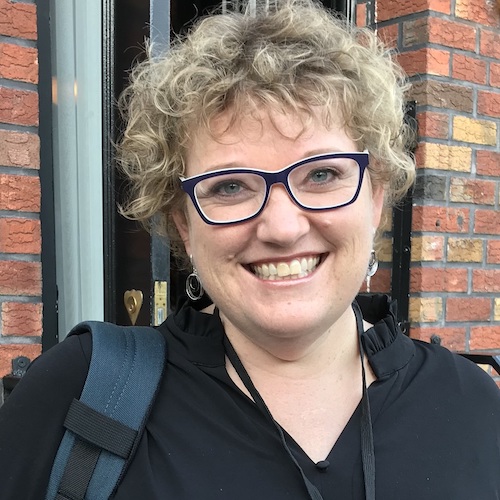 Karen Ager is Director of Communications for the Endowment for Health. In that capacity, she oversees strategic message development for both internal and external stakeholders, including key opinion leaders and the media.
Karen Ager is Director of Communications for the Endowment for Health. In that capacity, she oversees strategic message development for both internal and external stakeholders, including key opinion leaders and the media.
Karen is a seasoned communication professional. Prior to joining the Endowment, she served as manager of corporate communications for Fisher Scientific International, a global provider of health care, research and scientific technology. Other past positions included C-suite messaging at Staples Worldwide, Bank of America (formerly BankBoston), and Boston Edison. Karen spent several years as managing partner at Public Image Corporation, a public relations firm with offices in downtown Boston and Newburyport. She is a former president of the International Association of Business Communicators (IABC Yankee Chapter, Boston) and the Public Relations Society of America. She is a graduate of Leadership NH, Class of 2011. Karen has a Bachelor of Science in mass communications from Emerson College, Boston.

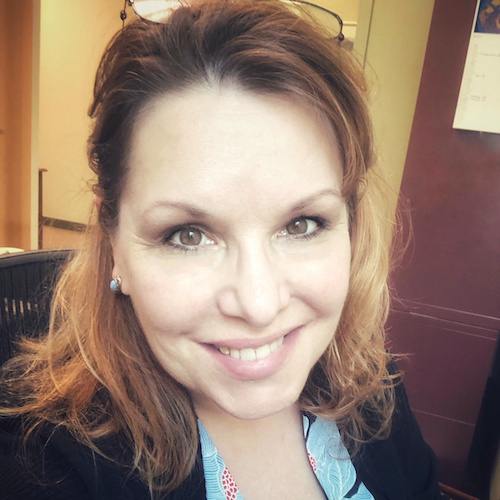
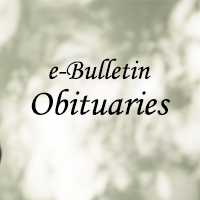
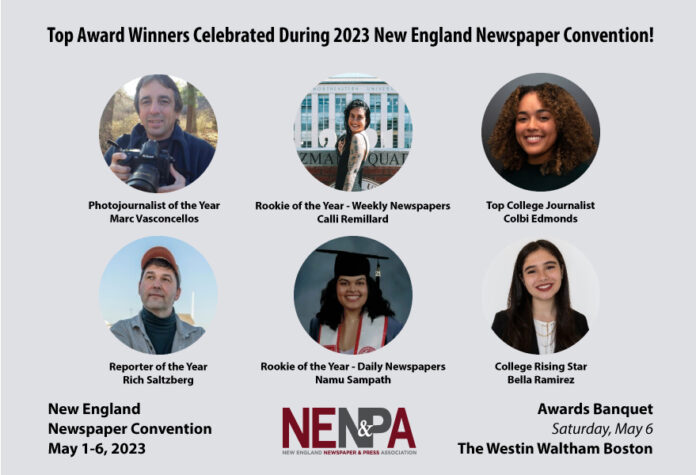






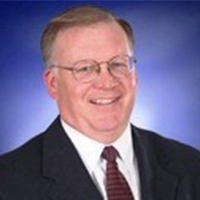
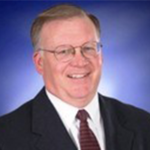 Gregory V. Sullivan has served as General Counsel for the Union Leader Corporation for the past 34 years. He also currently serves on the New Hampshire Supreme Court’s Committee on the Judiciary and the Media, as well as the Committee for Public Access to Courts, and is President of the Hingham, Mass.-based media law firm, Malloy & Sullivan.
Gregory V. Sullivan has served as General Counsel for the Union Leader Corporation for the past 34 years. He also currently serves on the New Hampshire Supreme Court’s Committee on the Judiciary and the Media, as well as the Committee for Public Access to Courts, and is President of the Hingham, Mass.-based media law firm, Malloy & Sullivan.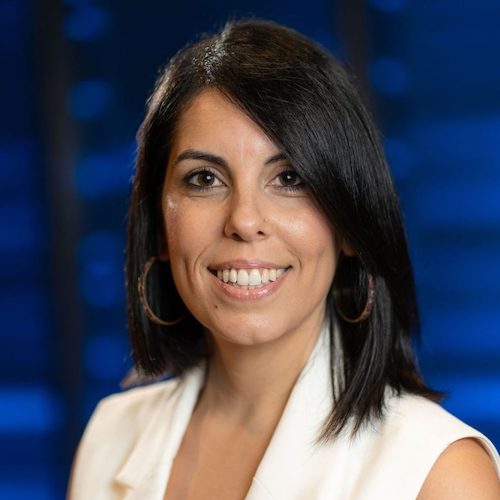
 Nina Sachdev brings more than 20 years of journalism, news editing and marketing experience to her role as a communications director for Media Impact Funders (MIF). Nina served as MIF’s communications director for more than five years before joining the Rita Allen Foundation to lead communications there. After a brief stint, Nina re-joined MIF in February 2022. Nina cut her teeth in journalism at The Dallas Morning News, where—as an intern on the copy desk—she was tasked with editing the obituaries of famous people who hadn’t yet died. Since then, Nina has worked at The Santa Rosa Press Democrat, The Philadelphia Daily News and The Philadelphia Weekly in almost every editorial capacity imaginable, including senior editor, A1 editor (when that used to be a thing) and slot (does anyone remember that being a thing?). Nina is the creator and editor of the award-winning The Survivors Project: Telling the Truth About Life After Sexual Abuse, which exposes the reality of healing from the effects of sexual abuse. Nina holds an M.A. in journalism from Temple University. She lives in Philadelphia with her family.
Nina Sachdev brings more than 20 years of journalism, news editing and marketing experience to her role as a communications director for Media Impact Funders (MIF). Nina served as MIF’s communications director for more than five years before joining the Rita Allen Foundation to lead communications there. After a brief stint, Nina re-joined MIF in February 2022. Nina cut her teeth in journalism at The Dallas Morning News, where—as an intern on the copy desk—she was tasked with editing the obituaries of famous people who hadn’t yet died. Since then, Nina has worked at The Santa Rosa Press Democrat, The Philadelphia Daily News and The Philadelphia Weekly in almost every editorial capacity imaginable, including senior editor, A1 editor (when that used to be a thing) and slot (does anyone remember that being a thing?). Nina is the creator and editor of the award-winning The Survivors Project: Telling the Truth About Life After Sexual Abuse, which exposes the reality of healing from the effects of sexual abuse. Nina holds an M.A. in journalism from Temple University. She lives in Philadelphia with her family.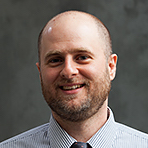

 Leah Todd is the New England regional manager for the Solutions Journalism Network, building relationships with newsrooms in the New England states. From 2015 to 2018, Leah led SJN’s work in the Intermountain West, including launching and overseeing collaborative journalism projects between dozens of news organizations in Montana and New Mexico. Previously, she covered K-12 education at The Seattle Times, and local government at the Casper (Wyo.) Star Tribune. She has investigated and written about turmoil in Washington state’s new charter school sector; efforts to improve disproportionately high absentee rates among Native American students in Wyoming; Colorado’s attempts to divert mental health patients from overcrowded Emergency Rooms; and how residents in rural communities across the West find and use local news.
Leah Todd is the New England regional manager for the Solutions Journalism Network, building relationships with newsrooms in the New England states. From 2015 to 2018, Leah led SJN’s work in the Intermountain West, including launching and overseeing collaborative journalism projects between dozens of news organizations in Montana and New Mexico. Previously, she covered K-12 education at The Seattle Times, and local government at the Casper (Wyo.) Star Tribune. She has investigated and written about turmoil in Washington state’s new charter school sector; efforts to improve disproportionately high absentee rates among Native American students in Wyoming; Colorado’s attempts to divert mental health patients from overcrowded Emergency Rooms; and how residents in rural communities across the West find and use local news.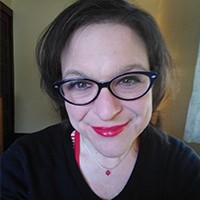
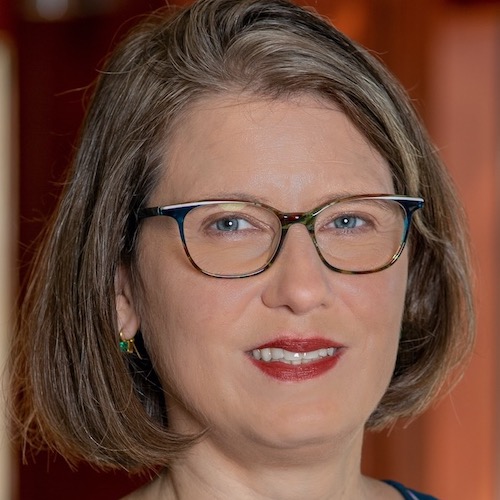
 Angie Drobnic Holan is the editor-in-chief of PolitiFact. She has extensive experience fact-checking the presidency, Congress and political campaigns, and was a reporter on the PolitiFact team that won the 2009 Pulitzer Prize for national reporting. She serves on the advisory board of the International Fact-Checking Network.
Angie Drobnic Holan is the editor-in-chief of PolitiFact. She has extensive experience fact-checking the presidency, Congress and political campaigns, and was a reporter on the PolitiFact team that won the 2009 Pulitzer Prize for national reporting. She serves on the advisory board of the International Fact-Checking Network.